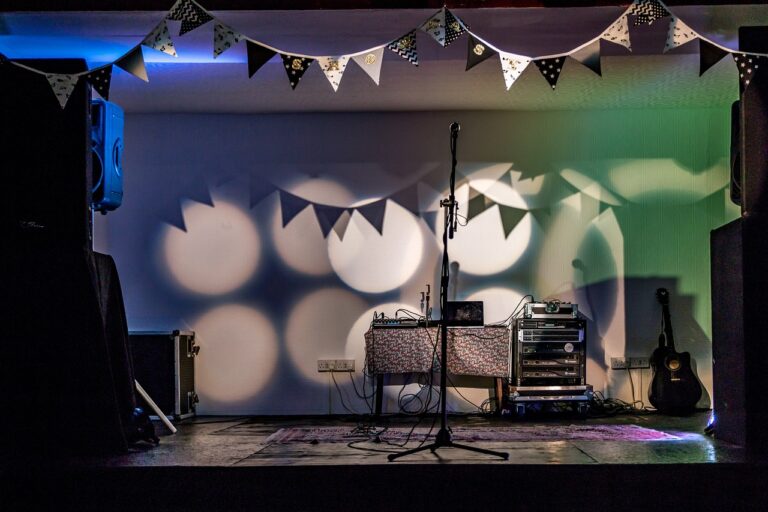Implementing Cultural Competency Training for Event Entertainment Staff
betbook247 app, radhe exchange new id, play11bet: In today’s diverse and multicultural world, it is essential for event entertainment staff to be culturally competent in order to provide a welcoming and inclusive environment for all attendees. Cultural competency training can help staff members better understand and respect the diverse backgrounds and experiences of those they serve. By implementing cultural competency training for event entertainment staff, organizations can improve customer satisfaction, build stronger relationships with attendees, and create a more inclusive and welcoming environment for everyone.
Here are some key steps to effectively implement cultural competency training for event entertainment staff:
1. Assess the needs of your staff: Before implementing cultural competency training, it’s important to assess the current level of cultural competency among your event entertainment staff. This can be done through surveys, interviews, or focus groups to identify areas where training is needed.
2. Develop a training plan: Once you have identified the areas where training is needed, develop a training plan that addresses these specific needs. This plan should include a mix of educational resources, interactive activities, and opportunities for staff members to practice their cultural competency skills.
3. Provide resources and support: In addition to providing formal training sessions, offer staff members resources and support to help them continue to develop their cultural competency skills. This could include access to online courses, books, articles, or workshops on diversity and inclusion.
4. Encourage open communication: Create a culture of open communication where staff members feel comfortable discussing cultural differences and asking questions. Encourage team members to share their own experiences and perspectives to enhance understanding and empathy.
5. Foster inclusivity in event planning: Incorporate cultural diversity into event planning by considering the needs and preferences of attendees from different cultural backgrounds. This could include offering a variety of food options, music selections, and entertainment that reflects the diversity of your audience.
6. Evaluate and adjust: Regularly evaluate the effectiveness of your cultural competency training program and make adjustments as needed. Seek feedback from staff members and attendees to identify areas for improvement and make changes accordingly.
By implementing cultural competency training for event entertainment staff, organizations can create a more inclusive and welcoming environment for all attendees. This not only enhances the overall event experience but also demonstrates a commitment to diversity and inclusion.
FAQs:
Q: How often should cultural competency training be provided to event entertainment staff?
A: Cultural competency training should be provided on a regular basis, ideally annually, to ensure that staff members are continuously developing their skills and knowledge.
Q: What are some common cultural competency training topics?
A: Common cultural competency training topics include unconscious bias, privilege, stereotypes, communication styles, and inclusive practices.
Q: How can organizations measure the impact of cultural competency training?
A: Organizations can measure the impact of cultural competency training through surveys, feedback forms, observation, and tracking key performance indicators related to diversity and inclusion efforts.







